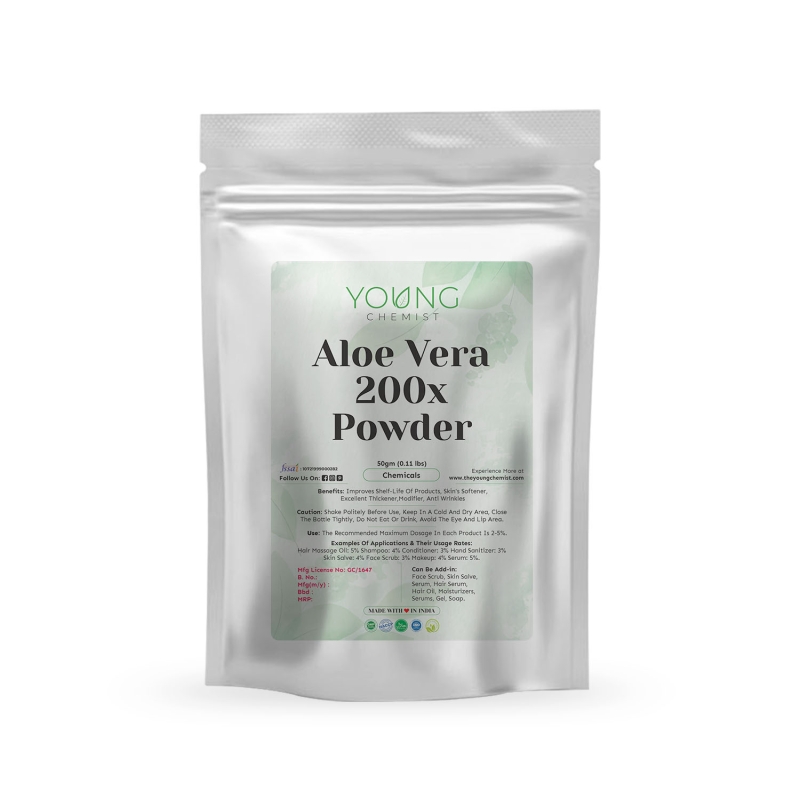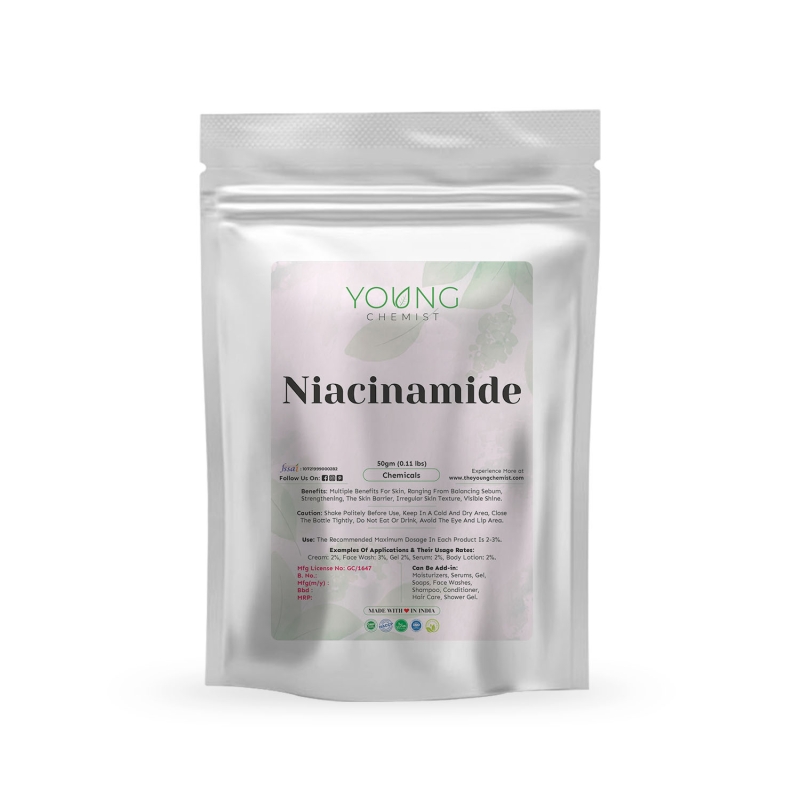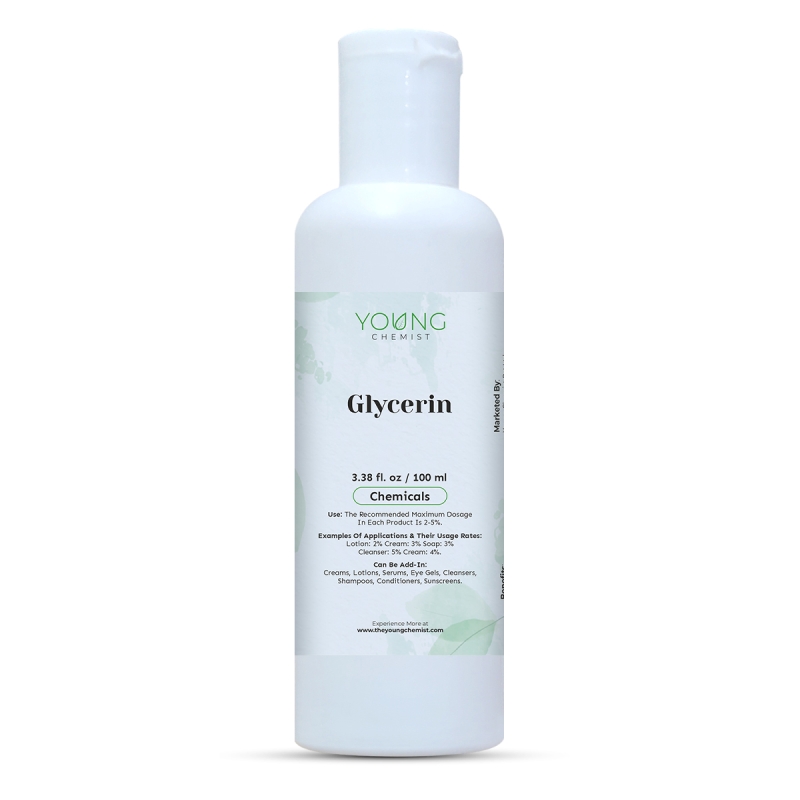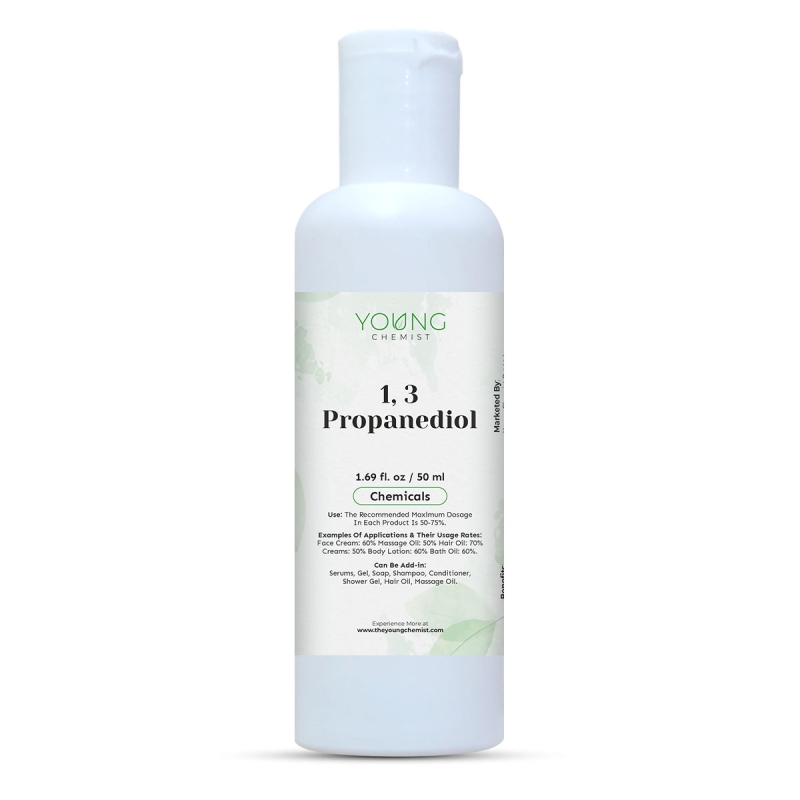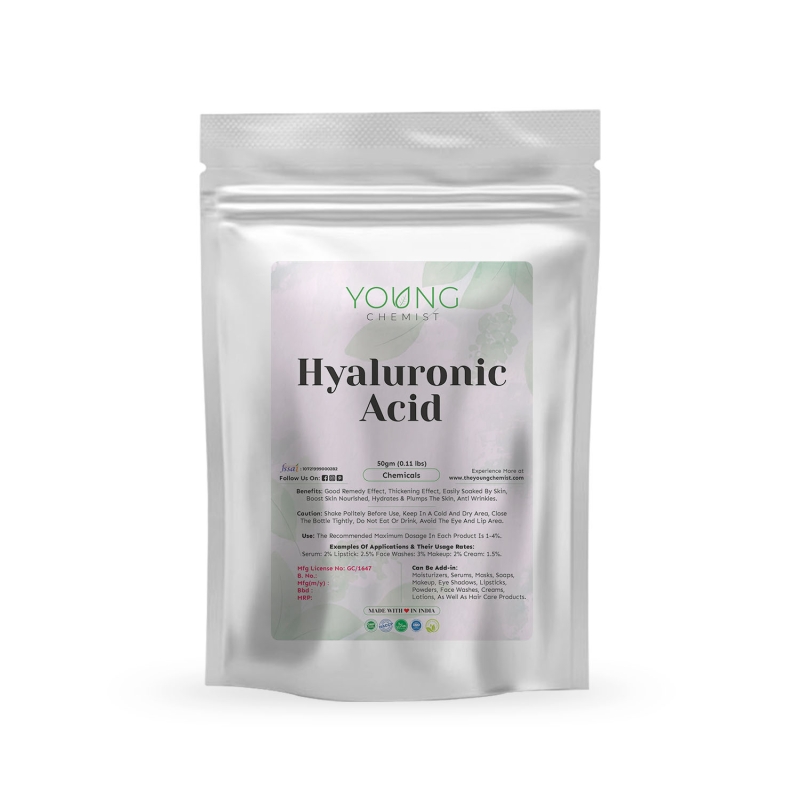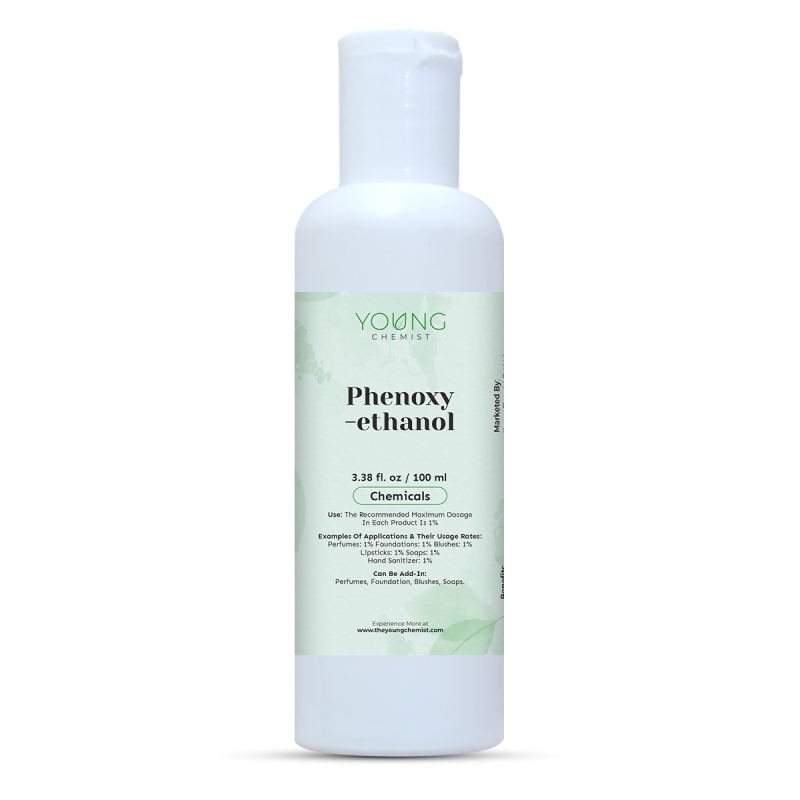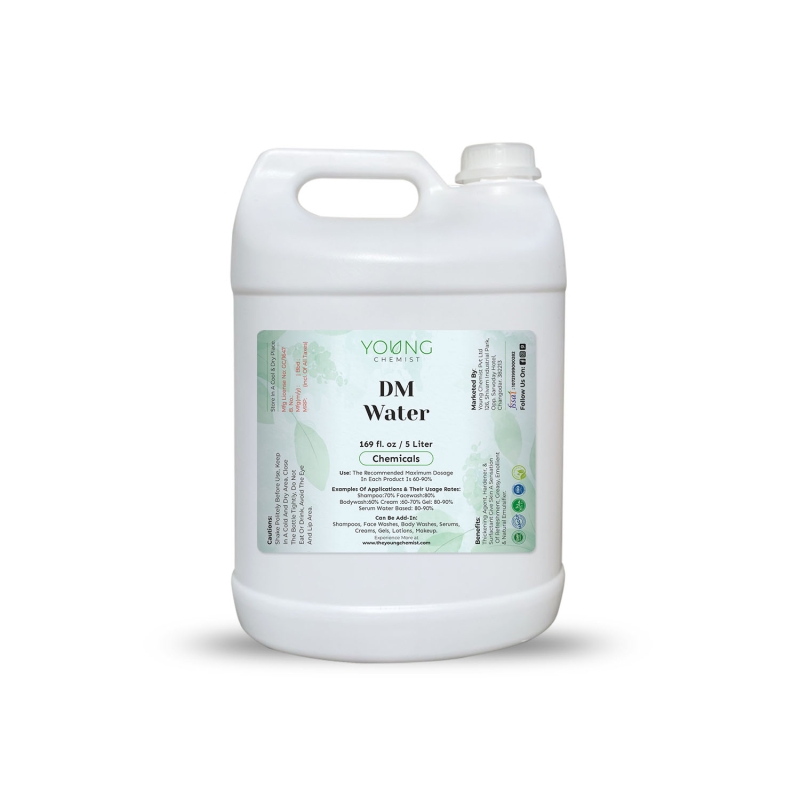-
No Item Added in Cart.
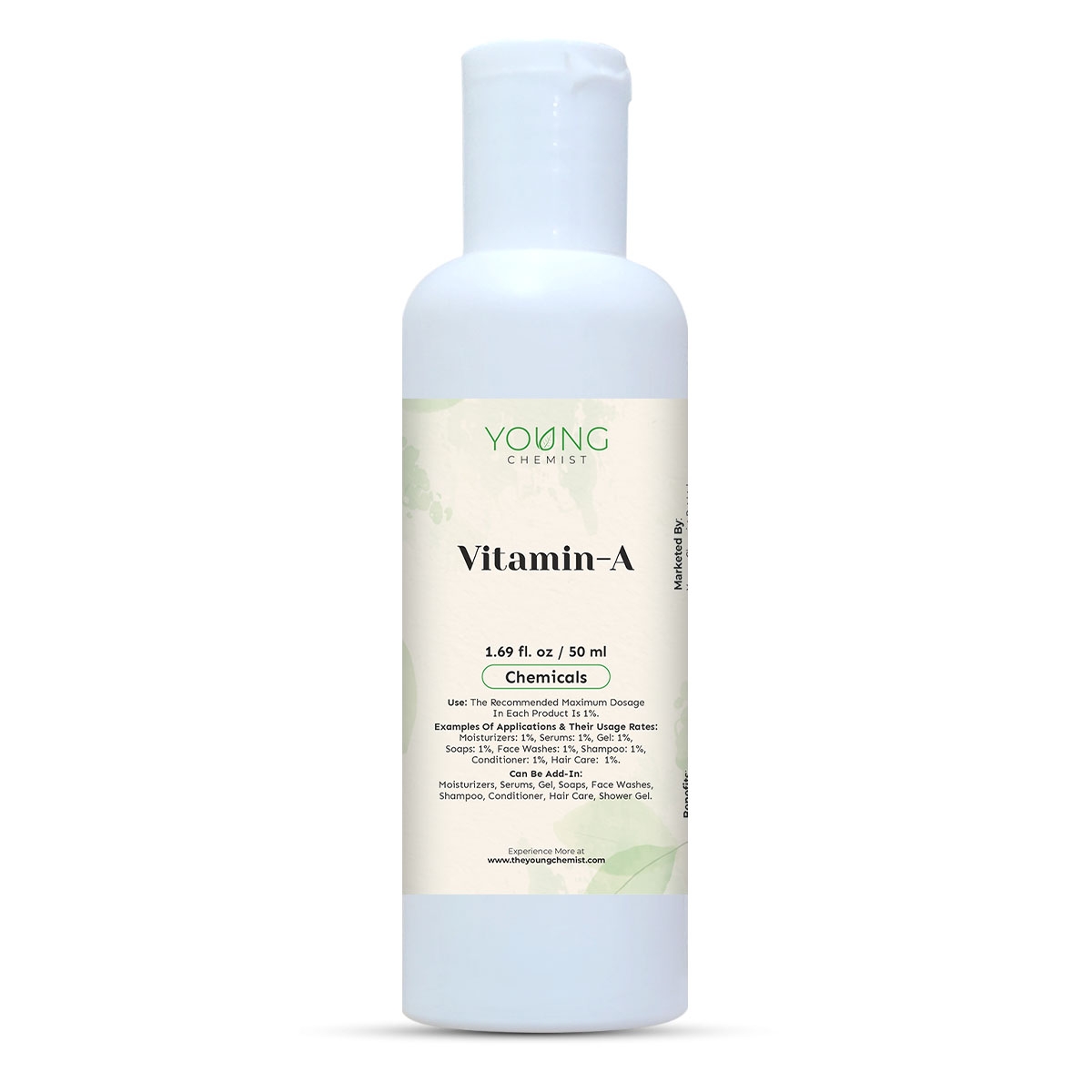
Vitamin - A
SKU: CC-ACTVIND-VITA
Size

40 customers are viewing this product



Vitamin A is a common cosmetic chemical used in various skincare products. It offers numerous benefits for the skin, but it should be used with caution due to its potential side effects.
Vitamin A, also known as retinol, is a fat-soluble vitamin that plays a vital role in maintaining healthy skin. In cosmetic products, it is commonly found in the form of retinoids, such as retinyl palmitate, retinyl acetate, and retinol. These derivatives are effective in promoting skin health and addressing various skin concerns.
- Patch Test: Before using any vitamin A-containing product, perform a patch test on a small area of your skin to check for any adverse reactions or sensitivity.
- Start Slowly: If you're new to using vitamin A, start with a low concentration product and gradually increase the usage over time to allow your skin to adjust.
- Nighttime Application: Vitamin A products are generally best used at night to minimize sensitivity to sunlight. Apply a small amount to clean, dry skin, focusing on areas of concern.
- Follow Instructions: Always follow the instructions provided by the product manufacturer. Some formulations may require additional steps, such as applying a moisturizer after the vitamin A product.
- Sun Protection: Vitamin A can increase skin sensitivity to the sun, so it is crucial to apply broad-spectrum sunscreen with at least SPF 30 during the day to protect your skin from harmful UV rays.
- Skin Rejuvenation: Vitamin A aids in the stimulation of collagen production, which helps improve skin elasticity and reduce the appearance of wrinkles and fine lines.
- Acne Treatment: Vitamin A regulates sebum production and promotes cell turnover, making it effective in treating acne and minimizing breakouts.
- Hyperpigmentation Reduction: Vitamin A can help fade dark spots and hyperpigmentation by promoting the shedding of dead skin cells and encouraging the growth of new, evenly pigmented skin.
- Skin Texture Improvement: Regular use of vitamin A can enhance the overall texture of the skin, making it smoother and more even-toned.
- Anti-Aging Effects: By promoting cell regeneration and collagen synthesis, vitamin A helps combat signs of aging, including sagging skin and dull complexion.
- Skin Sensitivity: Some individuals may experience skin irritation, redness, or dryness when using vitamin A products. If these side effects persist or worsen, discontinue use and consult a dermatologist.
- Pregnancy and Breastfeeding: Pregnant or breastfeeding women should consult a healthcare professional before using vitamin A products, as high doses of vitamin A can be harmful to the fetus or infant.
- Interaction with Other Ingredients: Vitamin A can interact with certain ingredients, such as alpha-hydroxy acids (AHAs) or benzoyl peroxide. Avoid using them together unless specifically advised by a skincare professional.
- Photosensitivity: Vitamin A derivatives can make the skin more susceptible to sunburn. Use sunscreen daily and limit sun exposure while using vitamin A products.
- Consultation with a Dermatologist: If you have underlying skin conditions or are unsure about using vitamin A, it is recommended to seek advice from a dermatologist for personalized guidance.
Remember, everyone's skin is unique, and what works for one person may not work for another. It's essential to listen to your skin and adjust your skincare routine accordingly.

Basheer Khan Dawakhana
Product Questions
Vitamin A is a powerful antioxidant that helps maintain healthy skin by promoting cell turnover and reducing the appearance of fine lines and wrinkles. It's essential for keeping your skin looking youthful and radiant.
Vitamin A products can improve skin texture, reduce acne, and fade dark spots over time. They work by encouraging the production of new skin cells, which helps keep your skin smooth and clear.
Yes, there are several forms of Vitamin A used in skincare, including retinol, retinoic acid, and retinaldehyde. Retinol is the most common form found in over-the-counter products and is gentle yet effective for most skin types.
If you have sensitive skin, it’s best to start with a lower concentration of Vitamin A or a gentler form like retinol. Always do a patch test first and introduce the product slowly to avoid irritation.
Most people start by using Vitamin A products once or twice a week and gradually increase usage as their skin builds tolerance. Over time, you can use them every other night or even nightly, depending on how your skin responds.
Vitamin A can make your skin more sensitive to sunlight, so it's generally recommended to use these products at night. If you do apply them during the day, be sure to use a broad-spectrum sunscreen with SPF 30 or higher.
It can take a few weeks to start seeing visible results from Vitamin A products. Full results, such as improved skin texture and reduced wrinkles, may take up to 12 weeks of consistent use.
Vitamin A products can be safely combined with other ingredients, but it's important to avoid using them with strong acids (like glycolic acid) or benzoyl peroxide simultaneously, as this can cause irritation. Instead, use these ingredients on alternate nights.
Pregnant or breastfeeding women should avoid using high-strength Vitamin A products like retinoids due to potential risks to the baby. It’s best to consult with a healthcare professional before using any Vitamin A skincare products during this time.
If you experience redness, peeling, or irritation, reduce the frequency of use or switch to a lower concentration. Always follow up with a good moisturizer to help soothe and protect your skin.
Reviews (1)

Basheer Khan Dawakhana

